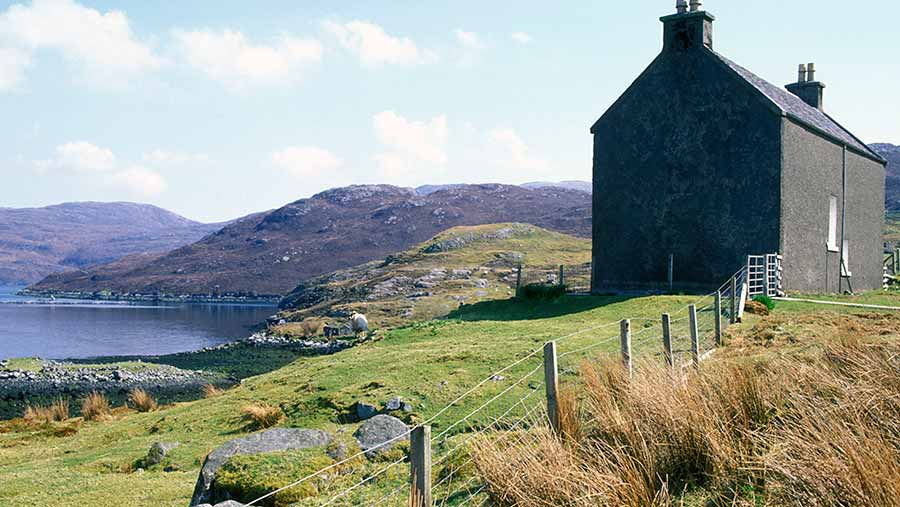Rural broadband remains major challenge in Scotland
 © Photofusion/REX/Shutterstock
© Photofusion/REX/Shutterstock Extending high-speed broadband connections to farmers in rural areas of Scotland remains a challenge, says a report.
Audit Scotland said the Scottish government and Highlands and Islands Enterprise (HIE) were making good progress in widening access to high-speed broadband.
But it warned there was still much work to do if the government’s ambition for a world-class digital infrastructure was to be achieved by 2020.
See also: Ultimate guide to faster rural broadband
Scotland’s general auditor, Caroline Gardner, said she was monitoring the progress of both the roll-out and the Scottish government’s digital infrastructure vision.
“Fast, reliable internet access is increasingly essential for everyday life, so it’s encouraging to see good progress being made in rolling out fibre broadband,” she said.
Ms Gardner added: “It is important that it continues to monitor the cost and progress of broadband roll-out so that these communities aren’t excluded.”
Urgent issue
NFU Scotland has warned that the delivery of faster and more reliable broadband connections remains an urgent issue for the country’s farming communities.
The issue has been repeatedly highlighted by Sandy Murray, who chairs the union’s crofting, highlands and islands committee.
Speedy broadband and better mobile phone services were crucial in terms of supporting jobs and the rural economy, he said.
Audit Scotland says 2.2m out of 2.6m premises across Scotland had access to fibre broadband (86%) by March 2016 – 1% more than the Scottish government’s original target.
Assuming BT continues to meet its contractual targets, it said the Scottish government could expect to meet its 95% coverage target by December 2017.
Still no access in remote areas
But work had so far focused on easier-to-reach areas, and the remainder of the roll-out would be more challenging because those areas were more isolated.
While 26 of Scotland’s 32 council areas had met contractual targets for fibre broadband coverage, the areas that remained were rural or remote.
This meant they were likely to need more complicated and costly engineering solutions. Premises in rural areas also currently received lower average speeds.
The Scottish government has appointed BT to extend Scotland’s existing fibre broadband network in 2013 at a cost of £412m.
Scotland’s rural secretary Fergus Ewing said he welcomed the Audit Scotland report.
The Scottish government was committed to all properties having access to superfast broadband by 2021, with the next steps to be outlined later this year.
